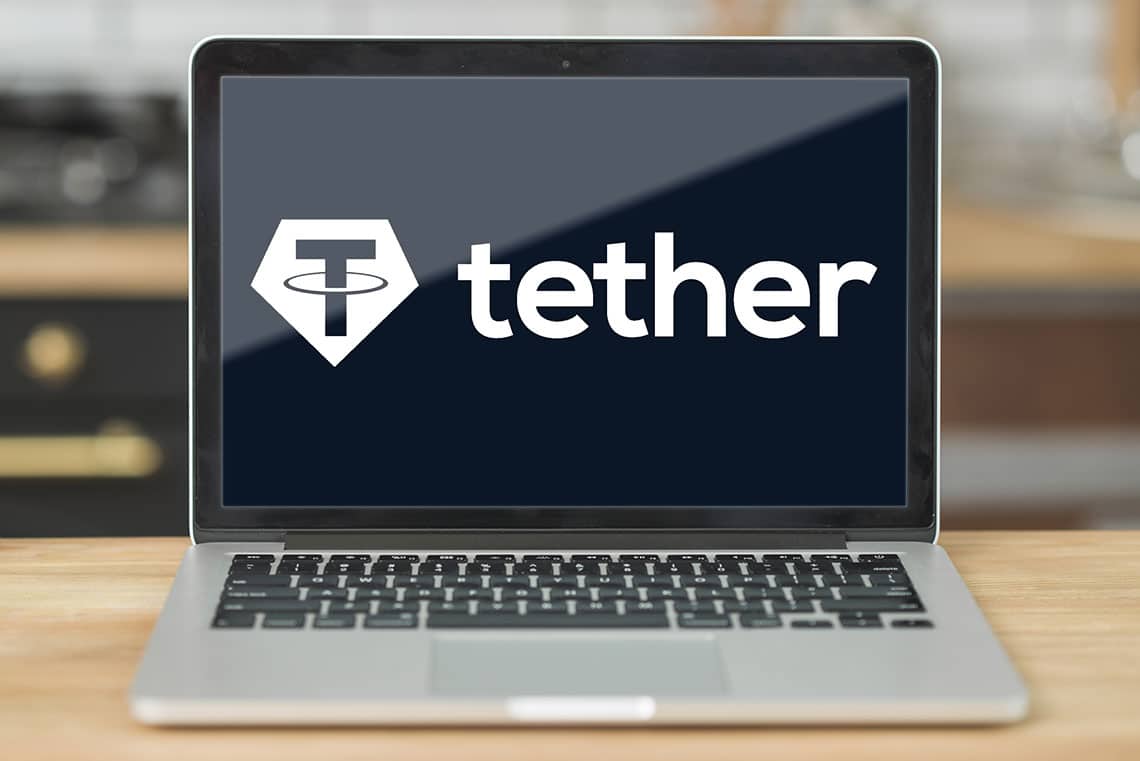The Financial Times dedicated a long article to Tether, Bitfinex and in particular to Giancarlo Devasini, CFO of Tether and Bitfinex, with no flattering words.
Quite the contrary, the economic newspaper wanted to underline the past of Giancarlo Devasini, noting that he has nothing to do with cryptocurrencies. This is evident from the headline: Tether: the former plastic surgeon behind the crypto reserve currency.
Tether has decided to respond, defending its top management.
The article traces the origins of Devasini, a former plastic surgeon, Italian, born in 1964. After ups and downs as an entrepreneur, Devasini got into the world of cryptocurrencies and Bitfinex in 2012. The newspaper lists a whole series of events as old as 20 years, as if these should have precluded his subsequent career at Bitfinex.
However, at least two aspects are worth emphasising:
- it is part of the risks of an entrepreneur’s job to alternate moments of success with phases of crisis;
- the arrival in the crypto world in 2012 is not surprising, as cryptocurrencies simply did not exist before.
Tether’s response to the Financial Times
In its response, Tether defended not only Tether and Bitfinex and the CFO, but also what has been done over the years. Bitfinex was born in 2012, while Tether was launched in 2014.
Years later, Tether remains the stablecoin with the highest market cap, while Bitfinex is one of the most highly regarded exchanges in the crypto space.
To the contentions, Tether’s note responds thus:
‘”Unfortunately, we now see the need to correct the record arising from the Financial Times’s article from earlier today. The piece was nothing more than a selective presentation of decades-old information, including minor, long-resolved public-record commercial disputes from as many as 25 years ago, repackaged as “news”—and none of which has anything to do with Bitfinex or Tether or the contributions these companies have made to the biggest and most important leap in financial transformation in centuries. The article also mischaracterizes, or misunderstands, the findings in the settlement agreement with the New York Attorney General’s Office”.
Tether says it is disappointed with the article considering what Giancarlo Devasini has done for Tether, Bitfinex and the crypto industry, but does not say it is surprised given the FT’s stance on cryptocurrencies.
After providing a point-by-point explanation of Giancarlo Devastini’s entrepreneurial vicissitudes disputed by the Financial Times, it says that Giancarlo Devasini is proud of his journey:
“[Giancarlo Devasini] is justifiably proud of the contributions that Tether and Bitfinex have made to the growth of the cryptocurrency ecosystem and the economic opportunity and possibilities they have created, not only for the customers and personnel of Bitfinex and Tether and their families, but also for other market participants throughout the world.
Giancarlo is also proud of the reputation he has helped build as an industry leader in supporting international law enforcement, regulators, and policy makers. Government officials around the globe have praised Tether and Bitfinex as leaders for working with and educating government officials and encouraging other cryptocurrency companies to do the same. That well-earned reputation is a direct reflection of Giancarlo’s commitment to help protect the safety of the cryptocurrency ecosystem and the public”.
Despite the bitterness evident in the note, there is also room for irony, and for agreeing with the Financial Times about Devasini’s culinary skills.
On another point, Tether acknowledges that the FT is right: the importance of Tether and Bitfinex in the industry and the contribution they have made to its rapid growth.
They add:
“The market has spoken loud and clear: tens of millions of people are using bitcoin, Tether, and other digital assets every single day. Tether is the dominant stablecoin in the world and Bitfinex the most trusted exchange. And Bitfinex and Tether are not alone. Many individuals, companies, and institutions are joining the fight for more transparent, accessible, and democratic access to finance. Together, we will all succeed”.
Concerns about stablecoins and cryptocurrencies
The article also does not overlook Tether’s legal issues, which culminated in the publication of the reserves backing the market’s first stablecoin.
The lengthy text published by such an authoritative source is indicative of the concern of part of the establishment about the growth of the cryptocurrency sector and stablecoins in particular. A growth that is pushing central banks to resort to CBDC-type digital currencies. But ultimately, the market decides. And the market has so far rewarded both Tether and Bitfinex.
The post Tether: “We grew the crypto ecosystem”. Response to the Financial Times appeared first on The Cryptonomist.






















